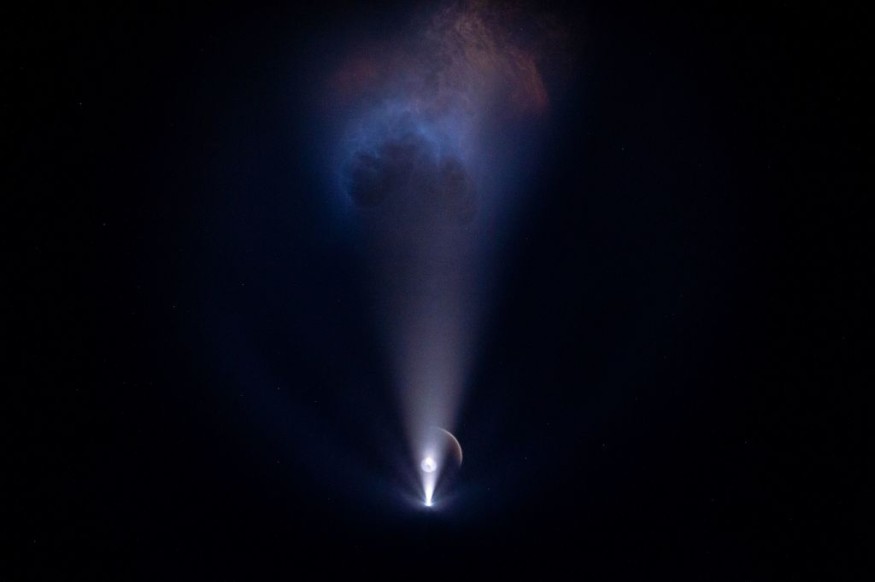
As Beijing claims that two SpaceX satellites launched by the American aerospace firm endangered Chinese astronauts, the tech billionaire's SpaceX satellites are causing a stir in the country.
China claims that two SpaceX satellites sailed too close to the country's space station this year, requiring the station to undertake evasive maneuvers to prevent collision, in a report made to the United Nations Office for Outer Space Affairs earlier this month.
"The US... ignores its obligations under international treaties, posing a serious threat to the lives and safety of astronauts," Zhao Lijian, a spokesperson for China's foreign ministry, said at a routine briefing on Tuesday.
Early this month, China submitted a complaint with the United Nations. The instances, however, did not receive broad attention in the United States until this week. The accidents, which involved satellites from SpaceX's Starlink constellation: a project that promises to beam high-speed internet across the whole planet were investigated by Chinese state media.
Elon Musk's Space X
SpaceX is only a few months away from celebrating its 20th anniversary since its founding in 2002. The California-based firm increased its capabilities in sectors ranging from broadband communications to human launches in 2021. SpaceX's continuous drive into space exploration and Mars landings are quickly making their way into popular culture.
SpaceX is a private American corporation that is unaffiliated with NASA, the United States' military, and civilian space agency. It has received widespread public support, and its founder, Elon Musk, is said to be accepting Dogecoin payments for missions.
Irresponsible Space Conduct
"We have encouraged all countries with space programs to be responsible actors, to avoid acts that may put in danger astronauts, cosmonauts, others who are orbiting the Earth or who have the potential to," said by US State Department spokesperson Ned Price
Throughout seven decades of human exploration and activity in space, behavior norms are still being developed. Although space is a growing economic engine, the current space environment resembles the early days of driving or flying, with tremendous expansion in the number of cars, planes, and operators with just the most basic traffic laws.
Growing congestion and trash, laws of physics that define motion differently than on Earth, and a lack of international borders are all factors that add to the complexity of space.
There are about 5,000 active satellites orbiting Earth today, and that number is expected to skyrocket in the next two years. According to several estimates, the annual value of the space economy will exceed $1 trillion by 2040, with trillions more in worldwide economic activity reliant on space. Because of the great increase and reliance on space technologies, reckless behavior becomes even more concerning.
Fortunately, increasing space security and long-term sustainability has overwhelming worldwide support.
In the second year of the United States' presidency, the president of the United States, George W. Bush, was elected to the building on existing alliances and collaborations to reach that goal - having a shared understanding of what constitutes safe and responsible activity and sharing our perspectives on transparent and pragmatic behaviors - has been one of our important aims for the Space Force.
© 2025 NatureWorldNews.com All rights reserved. Do not reproduce without permission.





